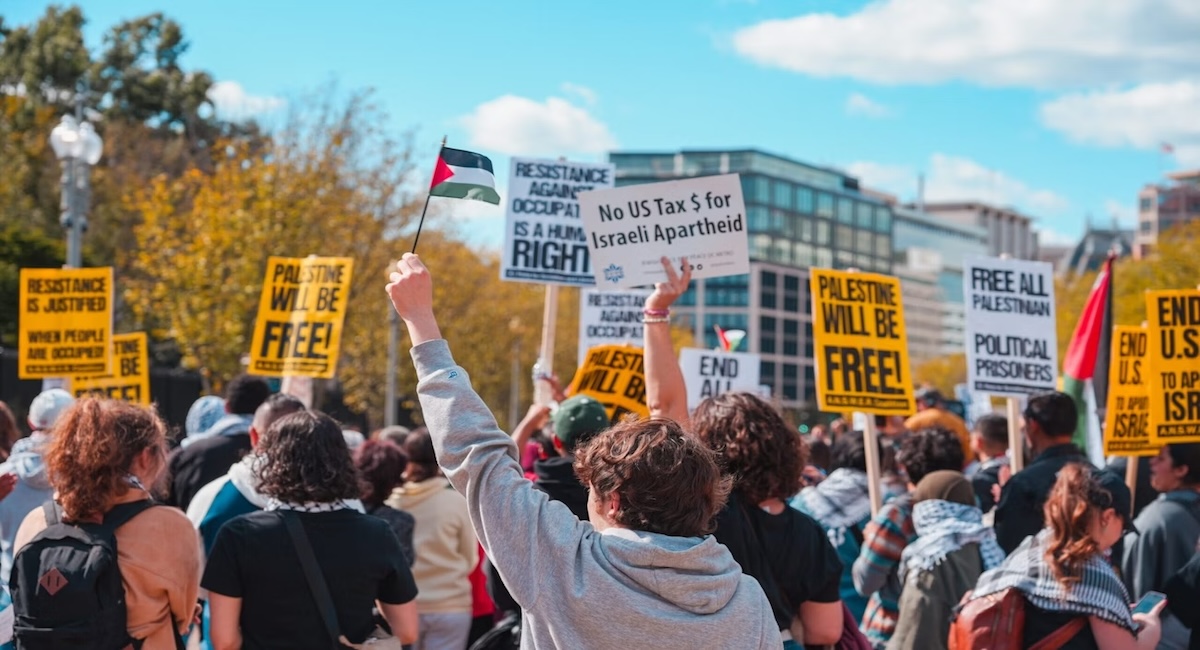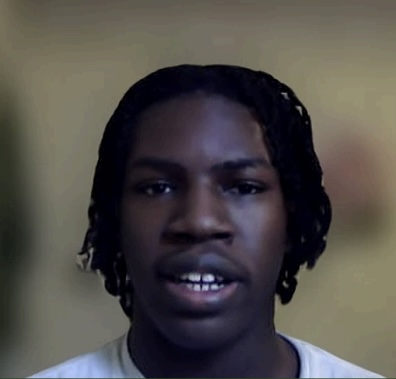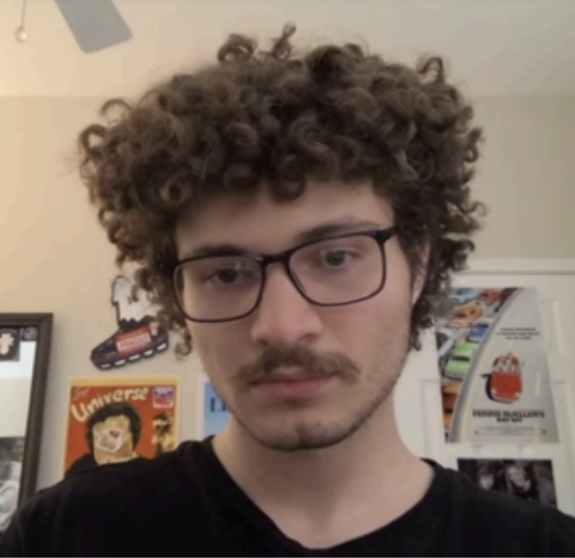HOUSTON – Graduations may be over on many campuses, but student protests over the war in Gaza are gaining momentum, showing no signs of fading away. Since the detainment of protesters at Columbia University on April 18, hundreds have been arrested nationwide.
Students are demanding that universities sever ties with companies supporting Israel’s military efforts in the Palestinian territory and, in some cases, divest from Israel altogether.
In Houston, four multiethnic and multiracial students shared their thoughts during a May 22 Houston Ethnic Media Services virtual briefing on the destruction of Gaza, expressing their commitment to ending what they call genocide.
Like their counterparts nationwide, they are pushing for a ceasefire and asking for their college campuses to support them. Many say ending the conflict in Gaza is more important than the upcoming US elections.
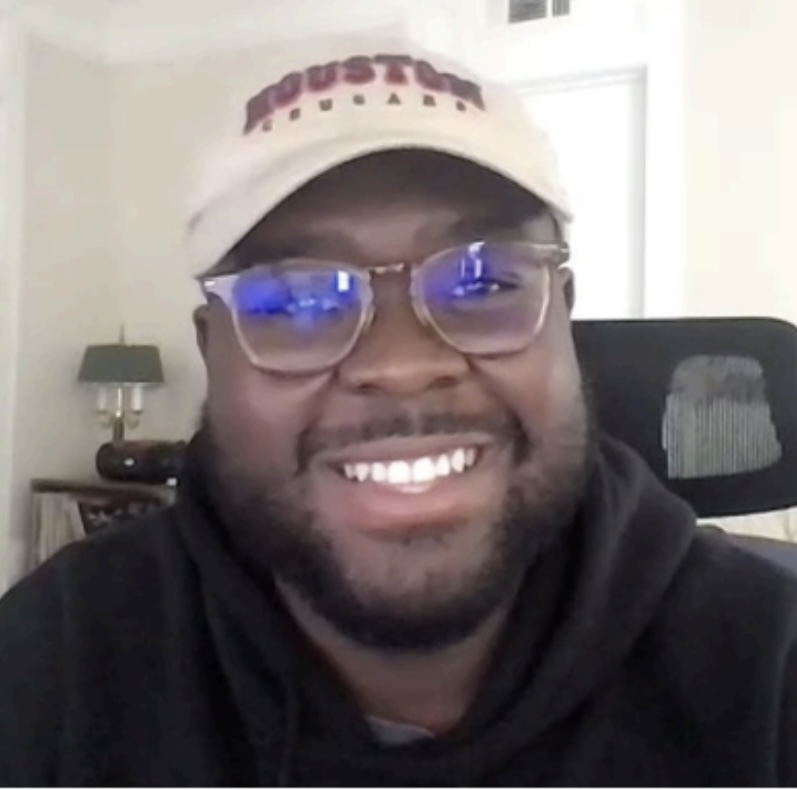
“Young people care very deeply about this,” said Uyiosa Elegon, a longtime organizer and co-founder of Shift Press, a youth-led media organization. “Not only because they have access to the real history of oppression of Palestinians, but also due to the United States’ huge financial support of the Zionist state amidst all sorts of excuses they make for not supporting young people here in the States.”
He added, “They say they can’t wipe out student debt, but they can give way more money than it costs to wipe out student debt to support a genocidal regime.”
Many in the international community are accusing Israel of genocide in its war against the Palestinian-led group Hamas, an accusation Israel and more recently President Biden has denied. More than 37,000 Palestinians have been killed in fighting since the conflict began following Hamas’ attack on Israel on Oct. 7.
Elegon also highlighted the importance of documenting the student-led Palestinian movement in cities like Houston. “If there’s no written record that anything happened in Houston, then we’re gonna have generations of young people who grew up thinking that Houston just never cared,” he explained.
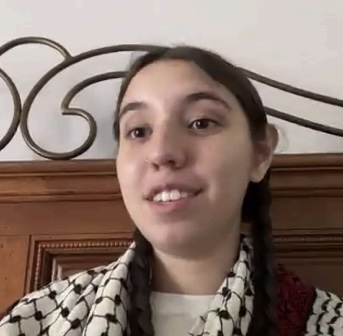
Reyna Valdez, a student at the University of Houston and member of Students for Justice in Palestine (SJP), described the movement’s long-standing roots, noting that the current protests are the result of decades of organizing and activism in support of Palestinian rights across college campuses.
“SJP chapters have existed since the 90s, and what we’re seeing now is not a sudden interest in Palestine but rather a movement that’s been building for years and is now at a breaking point with the genocide in Gaza,” Valdez explained. “I really wanted to get involved in more radical organizing, and the only real space for that at the University of Houston was through the SJP chapter. So that’s why I decided to get involved.”
Ahad Adesanya, another student at the University of Houston, connected his activism with his broader awareness of global injustices.
“Seeing the protests for Palestine made me sit down and realize that I wanted to make a change on my end, or at least try to bring awareness. That’s generally my goal, to try to get as many people around me to be aware of what’s going on and to actually stand up and help out,” Adesanya said.
He also reflected on the broader implications of the movement. “I feel like there’s a lot of faith in our generation to bring about change and undo the wrongs set before us.”
Jade Madsoup, a photographer and student at the University of Houston who spent part of his childhood in Lebanon, expressed the moral urgency of the issue.
“People ask what would you do if you were alive during the Holocaust, and I think this conflict shows who would have actually done something about it. And this is what we would do,” Madsoup said. He also pointed out the interconnected nature of various liberation struggles, noting, “Talking about Palestine has made people also start talking about Sudan, the Congo, and other places facing severe oppression.”
Jade also shared how his personal experience growing up in the Middle East inspired his activism.
“The news in Lebanon affects you every day, so since I was a kid, I was watching what was happening in Syria, what was happening in the Arab world. It kept me educated on the subjects,” he explained. “Now, as an Arab person, as someone who’s been affected directly and indirectly by the conflicts, I can’t look away.”
During the briefing, Elegon, a practicing Christian, shared how the protests made him question the absence of protests from leaders in his own church.
“I don’t see many pastors, especially Black pastors, consistently talking about Palestinians. We went through Christmas without people talking about Jesus as a Palestinian, even as his birthplace was being bombed. My association with the broader Christian community has been fractured because of that,” Elegon lamented.
But he also acknowledged the support from other religious communities and groups, saying, “I’ve been blessed to be with Jews and Muslims who practice their faith in a much more serious manner on this topic.”
The students emphasized the need for continuous pressure and activism beyond just achieving a ceasefire.
“Even after a ceasefire, people need to be in it for the long haul because it doesn’t guarantee that aid will come in or that the occupation will end,” Valdez said. “Until Palestinians can go home and live without fear of violence, we need to keep fighting. This movement isn’t going away.”
Image Credit: Ted Eytan. Published via Creative Commons license.



